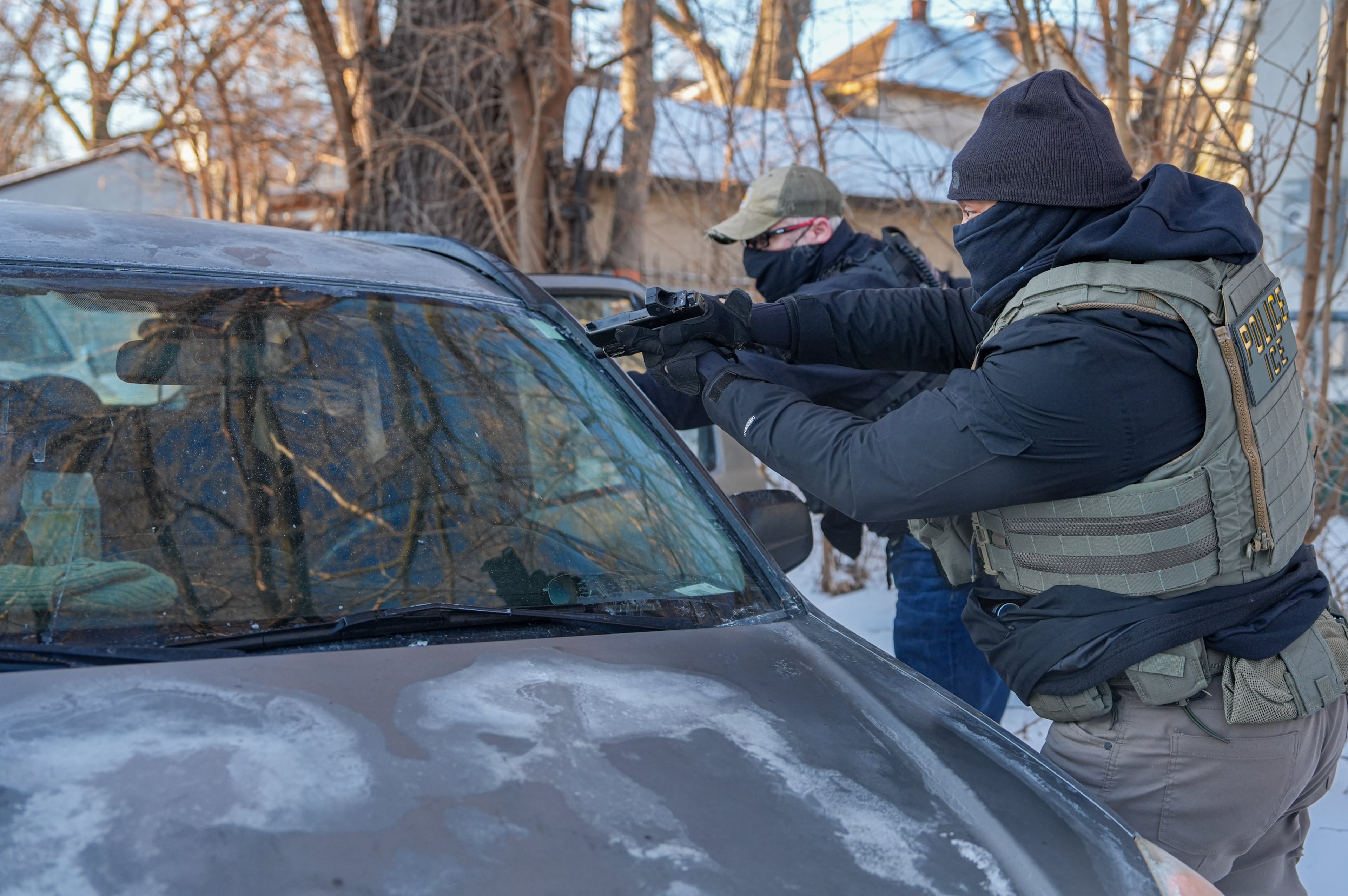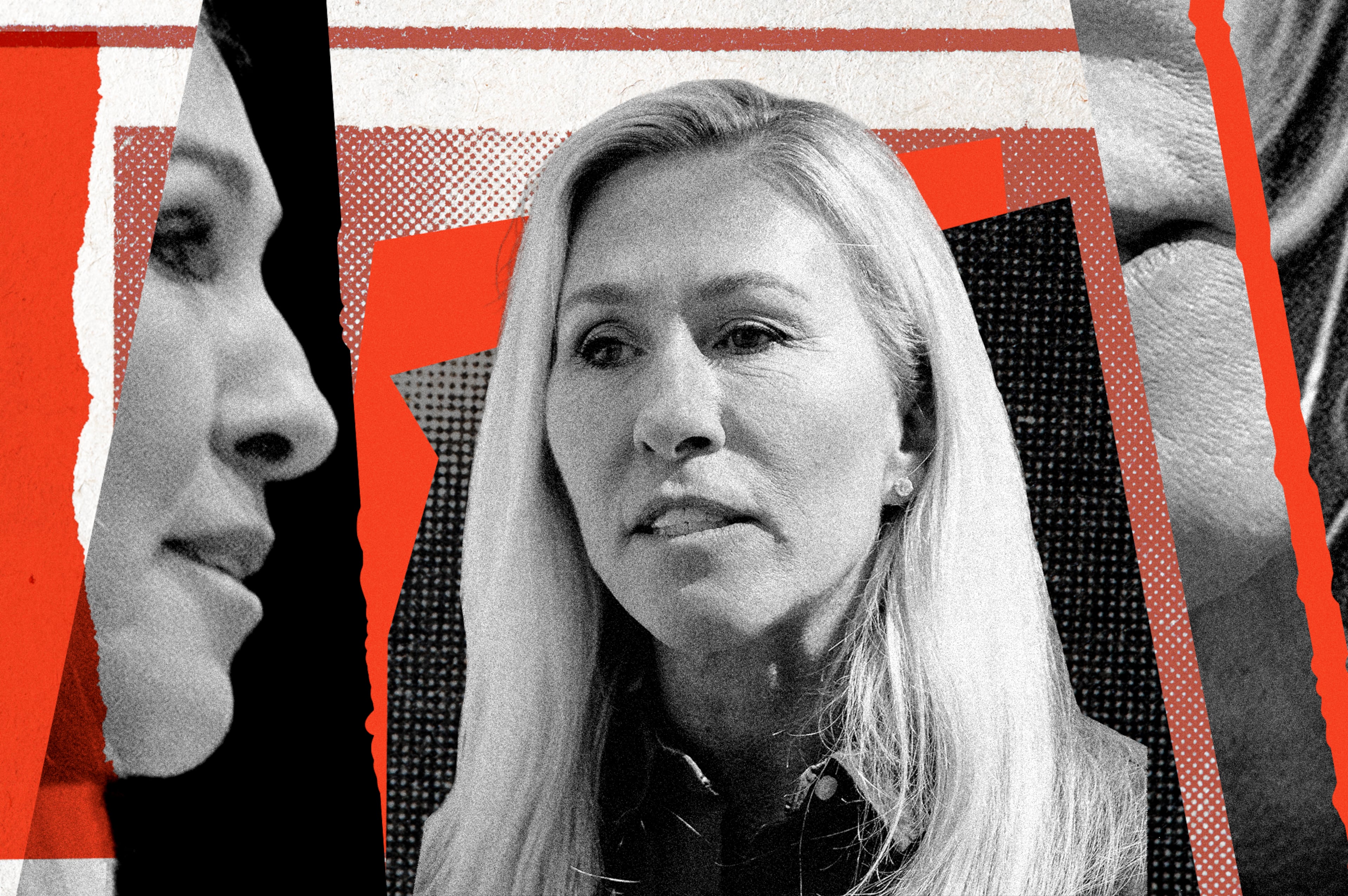Secret video, critical in police shooting case, may be illegal in Georgia

Secretly recorded video can be powerful evidence in a criminal case, revealing the actions of a defendant who thought no one was watching.
In 2015, for instance, a police officer in North Charleston, South Carolina, had no idea a bystander was recording as he shot Walter Scott in the back after a traffic stop. The officer, Michael Slager, recently pleaded guilty to federal charges of violating Scott's civil rights. As part of the plea agreement, South Carolina dropped murder charges against Slager.
In Georgia, however, such video may never have come to light.
If anything, the person who recorded the killing could have been the one facing criminal charges.
Georgia is one of nine states that require consent from “all persons observed” in any video recorded in a private location. Violators can be convicted of a felony, fined as much as $10,000 and sent to prison for one to five years.
The law was intended to deter Peeping Toms whose creepy behavior is abetted by technological advances in video equipment. Hiding a hard-to-detect camera has never been easier.
But now there are unintended consequences.
Divorce lawyers now warn clients against obtaining secret videos of cheating spouses. More significantly, criminal-justice activists suggest the law has a chilling effect on citizens trying to hold police officers accountable for unnecessary violence.
It is not clear whether anyone has been prosecuted for secretly taping someone they suspect of wrongdoing. But prosecutors and legal scholars have complained about the law almost since its adoption. Most point out that federal law requires consent from only one party – say, the person secretly shooting the video.
Georgia's departure from the federal standard creates "unnecessary complications," Mary Beth Martinez wrote in a Georgia Law Review article. The state law's "murkiness" on what constitutes a video-restricted private place doesn't help, Martinez wrote.
The law, though, has withstood all challenges, including one at the Georgia Court of Appeals.
In 2011, the court upheld a judge's decision to suppress video that a teenage girl secretly took of a Savannah lawyer who had repeatedly molested her for six years, from ages 11 to 18.
The girl twice took a hidden camera into the offices of attorney Lawrence Madison. The video she collected led to Madison’s indictment on charges of child molestation, sexual battery, public indecency and aggravated sexual battery.
The appeals court ruled that jurors could not be shown the recordings because they were not made “with the consent of all persons observed therein.” A slam-dunk case became a classic she-said, he-said.
But in this case, at least, the ruling didn’t matter.
A jury convicted Madison on the most serious charges, and the former lawyer is serving a 20-year sentence at Georgia State Prison in Reidsville.


